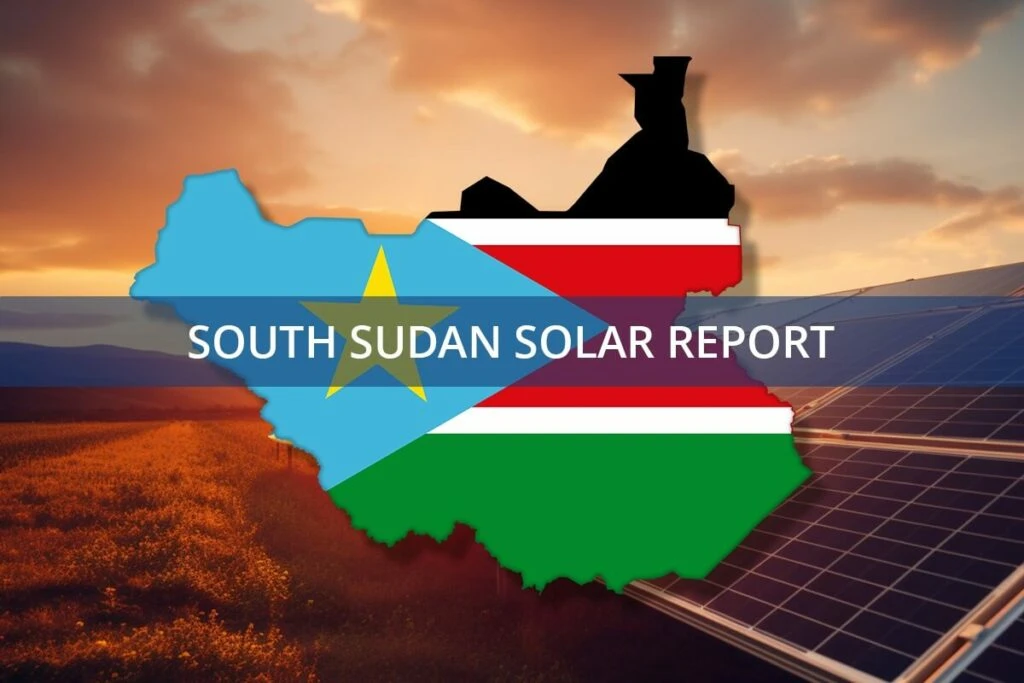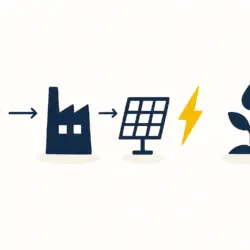Significance of the Solar-Powered Humanitarian Hub in South Sudan
The new solar-powered humanitarian hub in South Sudan is crucial for supporting over 100,000 internally displaced people (IDPs) in Malakal. It allows aid organizations to deliver lifesaving assistance, improve living conditions, and address the urgent needs of the region’s vulnerable communities.
Located in the conflict-impacted Upper Nile region, Malakal’s new hub serves as a vital, strategically placed operational center for coordinating efforts and delivering timely aid. Its reliance on solar energy ensures a reliable and sustainable power source, significantly reducing dependence on costly and environmentally damaging diesel generators.
This shift to renewable energy aligns with broader global initiatives promoting sustainable development and mitigating the impacts of climate change—an especially critical effort in vulnerable regions like South Sudan. Further exploration of the South Sudanese solar market can be found at South Sudan Solar Panel Manufacturing | Market Insights.
Partnerships Driving the Solar-Powered Humanitarian Hub
The solar-powered hub is the result of a collaboration between the World Food Programme (WFP), the International Organization for Migration (IOM), and the International NGO Safety Organisation (INSO). Key funding was provided by the European Union’s Humanitarian Aid department (ECHO) and the United States Agency for International Development (USAID).
This partnership highlights the importance of international cooperation in funding renewable energy solutions for humanitarian crises. The initiative is part of a larger movement to integrate renewable energy into humanitarian operations across South Sudan, fostering a more reliable, cost-effective energy supply while minimizing environmental impact.
Impact of the Solar-Powered Hub on Humanitarian Efforts
The solar-powered humanitarian hub has already had a significant positive impact by providing a consistent, clean energy source for essential facilities like medical clinics, water pumping stations, and communication systems. This reliability allows aid workers to operate more effectively and ensures vital services continue for the displaced population.
The hub also facilitates the storage and distribution of crucial supplies, including food and medicine, directly improving the well-being and survival of affected communities. The transition to solar has also lowered operating costs, freeing up resources for direct aid. Furthermore, reliable lighting and power have enhanced security for both aid workers and the displaced community.
The Solar-Powered Humanitarian Hub: A Model for Sustainable Assistance
The Malakal solar-powered hub serves as a model for future humanitarian operations, both within South Sudan and globally. It showcases the practical benefits of integrating renewable energy into emergency response strategies.
As South Sudan continues to grapple with conflict, displacement, and the effects of climate change, such initiatives are essential for ensuring the sustainability and effectiveness of humanitarian aid. By reducing reliance on fossil fuels, the hub also contributes to environmental conservation in a region already facing deforestation and land degradation.
The project’s success could catalyze further investment in renewable energy across South Sudan, fostering a more sustainable and resilient future. Such independent initiatives are even more critical considering the reported cancellation of the $7 billion “Solar for All” program, as documented by PVKnowhow.



